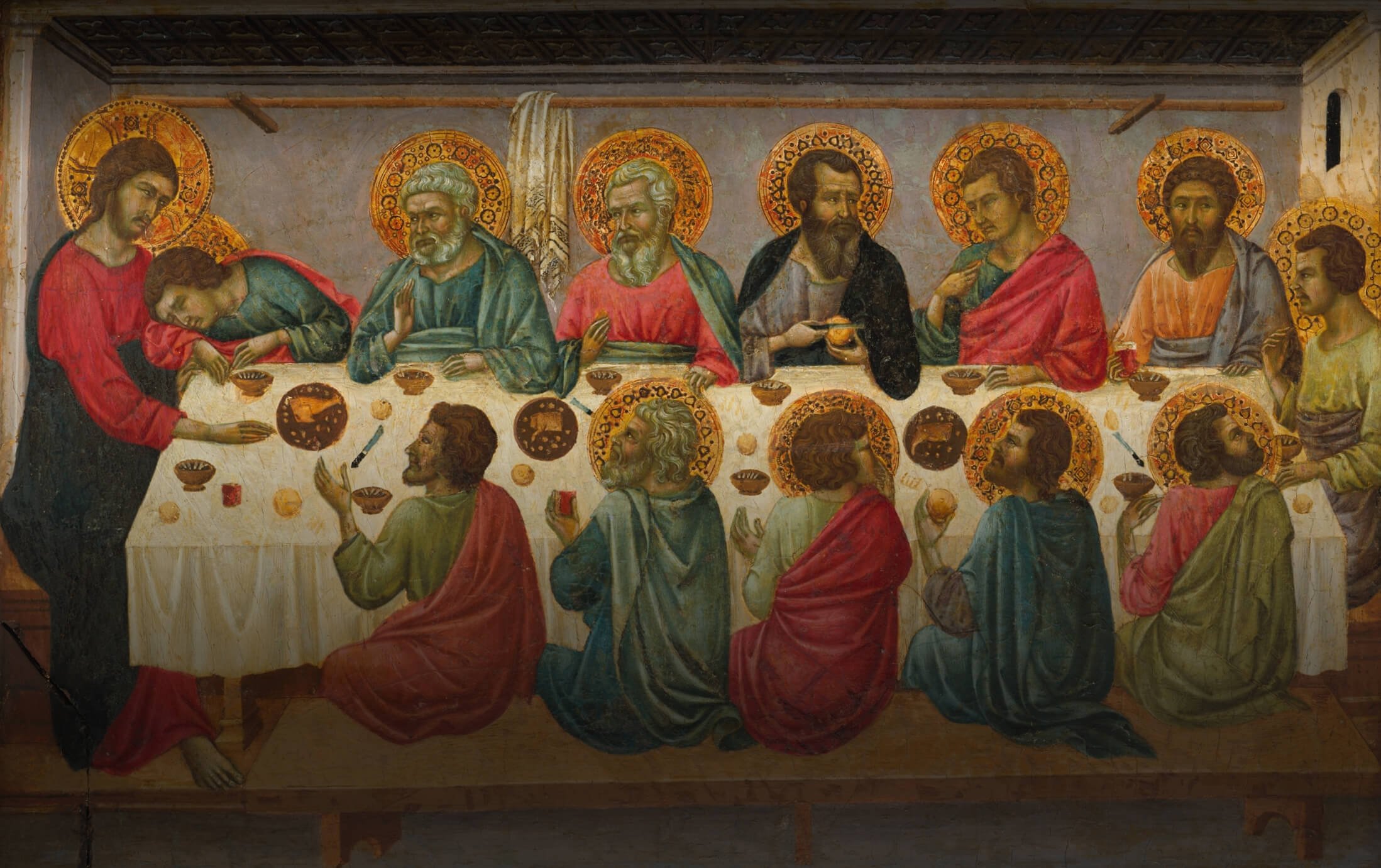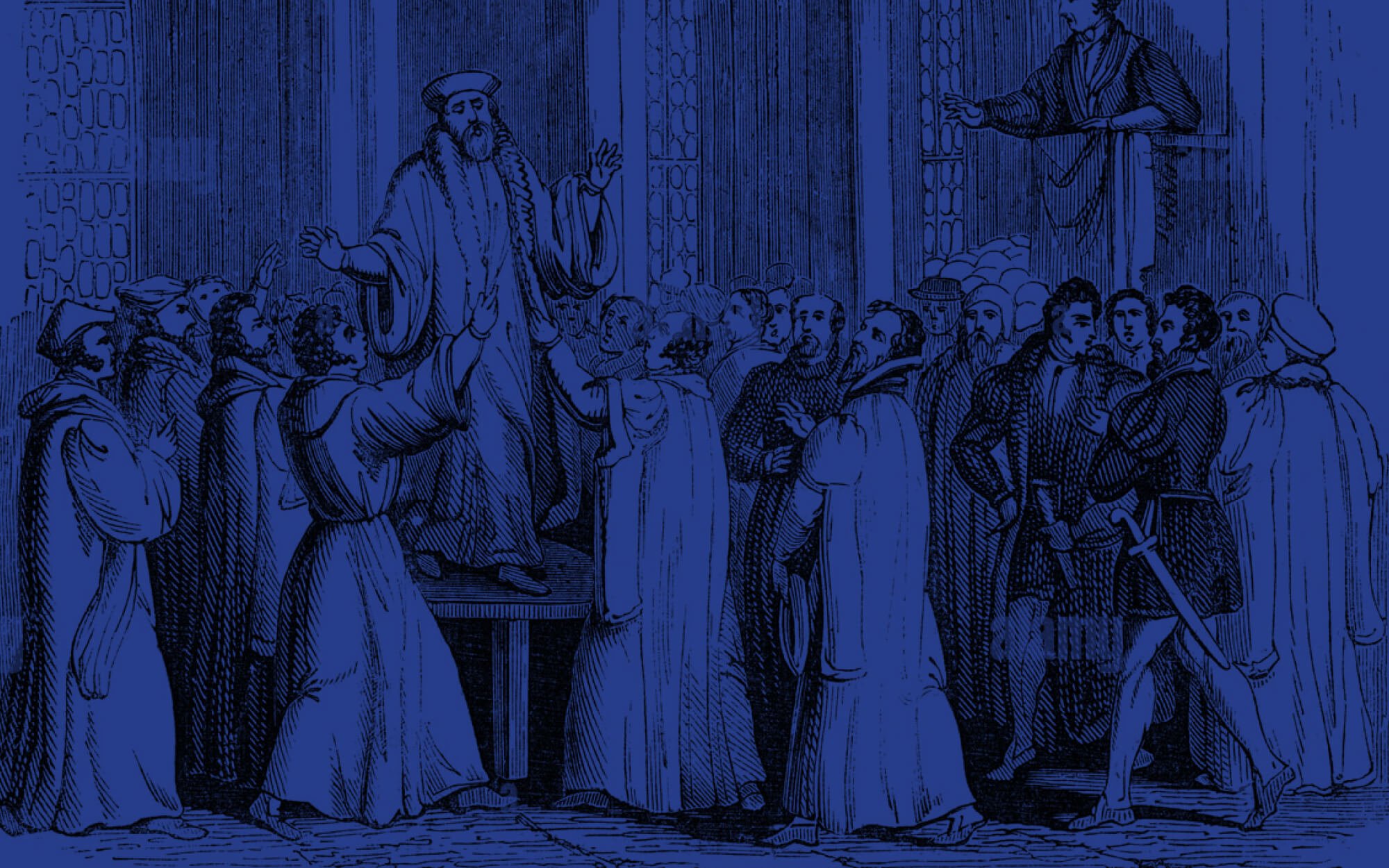
What Is Anglicanism?
“Not the worship of ashes, but the preservation of fire.” *
An Anglican is a member of the Anglican Church, part of the wider Anglican Communion. The term “Anglican” is derived from “Angles,” meaning English, reflecting how the catholic faith was planted and grew in England from the 6th century A.D., onward. Today, the Anglican Communion comprises 38 Provinces with 85 million members across 164 countries, and is the third largest body of Christians in the world. Some Provinces are national churches—such as the Church of England, or the Church of Uganda, or the Anglican Church of Canada—while others extend across multiple nations. The Anglican Communion is a vast, ancient, multifaceted Christian body. Like the equally vast reaches of Eastern Orthodoxy, the Anglican Communion is catholic in character, maintaining a fraternal relationship with Roman Catholicism but not subject to the administrative jurisdiction of the Roman Papacy.

Anglicanism is the life of the Catholic Church that was planted in England in the first few centuries after Christ; reshaped decisively by the English Reformation that reformed the received Catholic Traditions and also renewed by the Evangelical and Catholic Revivals and other historical movements of the Spirit; and that has now been inculturated into independent, global churches.
— Rev. Dr. Charles Erlandson
1. The Bible & Doctrine
Doctrine refers to a belief or set of beliefs taught by the Church, such as the Doctrine of the Trinity, which is common to all Christians. In Anglicanism, all doctrine is based on the Holy Bible, which we believe is God’s Word for our instruction and formation. We approach Scripture as clear in its plain language, and, like the great Catholic and Reformed thinkers of the 16th century (e.g., Erasmus, Luther, Cranmer, Montaigne), we believe that using our intellectual abilities helps deepen our understanding of God's will.
We refer to this approach as “Reason”—the disciplined application of our intellectual faculties to understand God's Word. Alongside Scripture and Reason, we value the teachings of past Christians, particularly the early Church, which we call "Tradition." Together, these three elements—Scripture, Reason, and Tradition—form the foundation of Anglican doctrine.
We are resistant to changing long-established doctrine. By grounding our teachings in Scripture, we avoid the temptation to conform to the culture of the moment, which can often conflict with God’s will. Upholding Scripture allows us to engage culture with the truth of the Gospel while our Reason prevents simplistic interpretations of Scripture. Tradition reminds us of the wisdom passed down through the ages and keeps us humble.
2. The Sacraments & Ministry
The second distinctive of Anglicanism involves a loyalty to the sacraments and the threefold order of ministry. To understand sacraments, we must first define grace. Grace, as defined by Merriam-Webster, is “unmerited divine assistance given to humans for their regeneration or sanctification.” Grace is the power to change lives, given freely by God to make us holy.
As pithily articulated by Saint Augustine of Hippo (4th century), a sacrament is an outward and visible sign of an inward and invisible grace. Through sacraments, we encounter God and receive grace. While all of creation is potentially sacramental, Anglicans focus on two major (“dominical”) sacraments—Holy Baptism and Holy Communion—both instituted by Christ and available to all believers. We also recognize five minor (“ecclesial”) sacraments: Ordination, Marriage, Confession, Last Rites, and Confirmation.
Baptism marks the beginning of our pilgrimage of faith, and Holy Communion sustains us along the way. Through both sacraments, we receive grace that strengthens our faith and equips us to live transformed lives. Our subjective experience of Communion may vary, but that hardly matters; what matters is that we partake of the real presence of the Body and Blood of Christ, and thereby the grace of God objectively works within us.
The church has always needed structure, especially as it grew. The ordination of Bishops, Priests, and Deacons was necessary to maintain order, and this threefold pattern of ministry—though varied at first—became the standard. The Anglican, Orthodox, and Roman Catholic churches all maintain this traditional model of ordination, correlated with Apostolic Succession, linking us to the early Church.
3. Flexibility and Candor
Anglicanism has always embodied balance and flexibility. For example, the Anglican Church in Asia may worship differently not only from that in North America but also from that in Africa, South America, Australia, or New Zealand. Each response is rooted in finding local solutions to local challenges, and yet each recognizably reflects the catholic character of Anglican worship.
Anglicanism welcomes candid and unexpected questions. At its best, it does not shy away from difficult questions but seeks to understand and reflect on the faith in light of new insights.
In Conclusion
These three marks—Scripture’s authority in doctrine, loyalty to the sacraments and ministry, and openness to cultural and intellectual challenges—give Anglicanism its distinct character. When one of these marks is emphasized at the expense of the others, the Church risks losing its Anglican identity. When these marks are held in balance, Anglicanism offers a unique, grace-filled way to live out the Christian faith. **
In summary, Anglicanism is defined by:
A commitment to the absolute authority of the Bible in deciding doctrine.
A catholic loyalty to the sacraments and the threefold ministry of bishops, priests, and deacons.
A habit of cultural sensitivity and intellectual flexibility that does not quickly close down unexpected questions.
* The aphorism at the top of this page is conventionally attributed to Gustav Mahler (1860-1911), who may have been rephrasing Sir Thomas More (1478-1535).
** This articulation of the tripartite character of Anglicanism derives from the Most Rev. Rowan Williams, 104th archbishop of Canterbury (in office 2002-2012), whose remarks titled “The Challenge and Hope of Being an Anglican Today” were published on 27 June 2006. The Archbishop was not to be relied upon on every subject, but his wisdom regarding the three balanced elements of Anglicanism cannot easily be denied.
